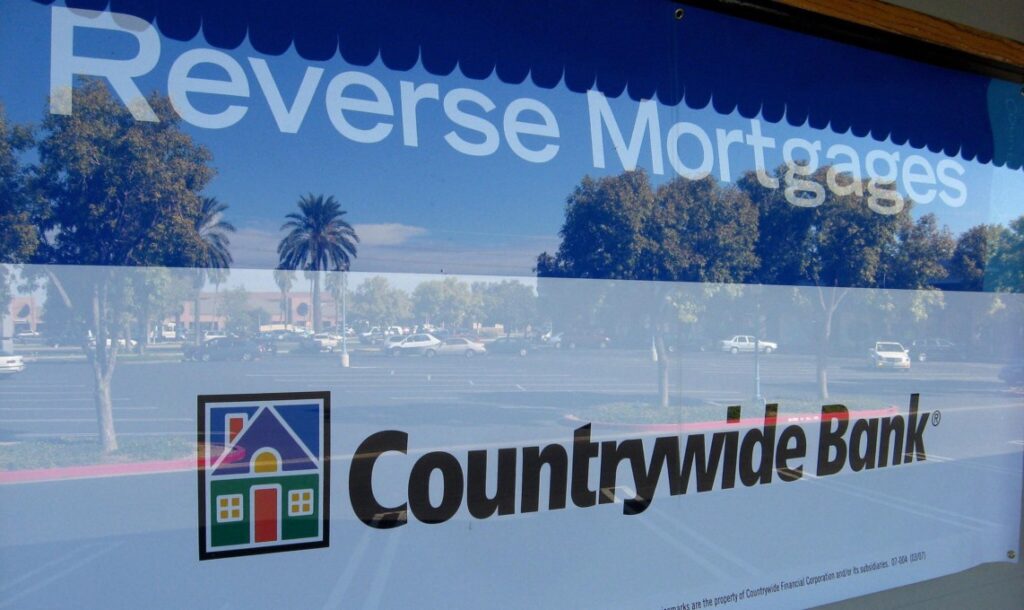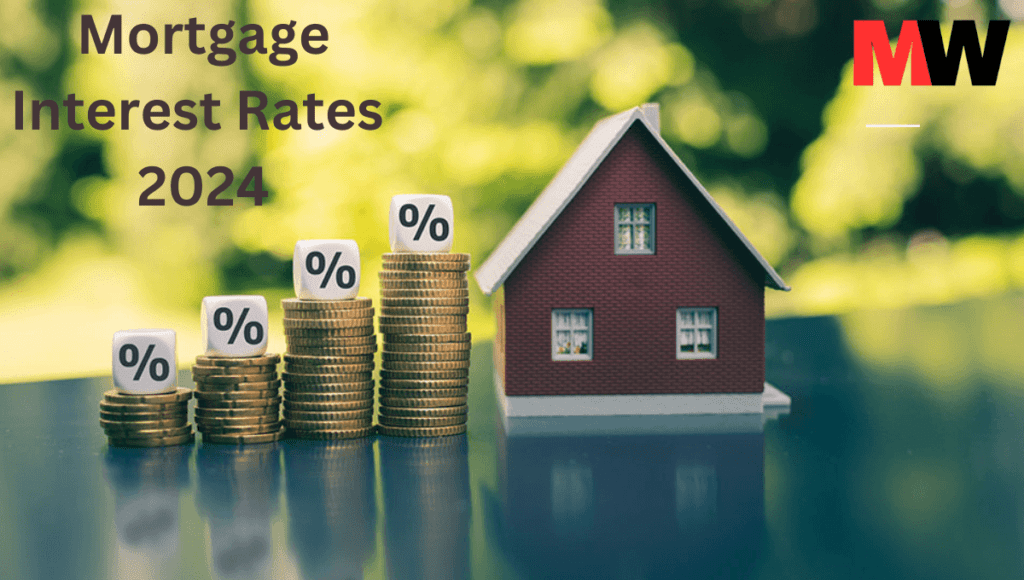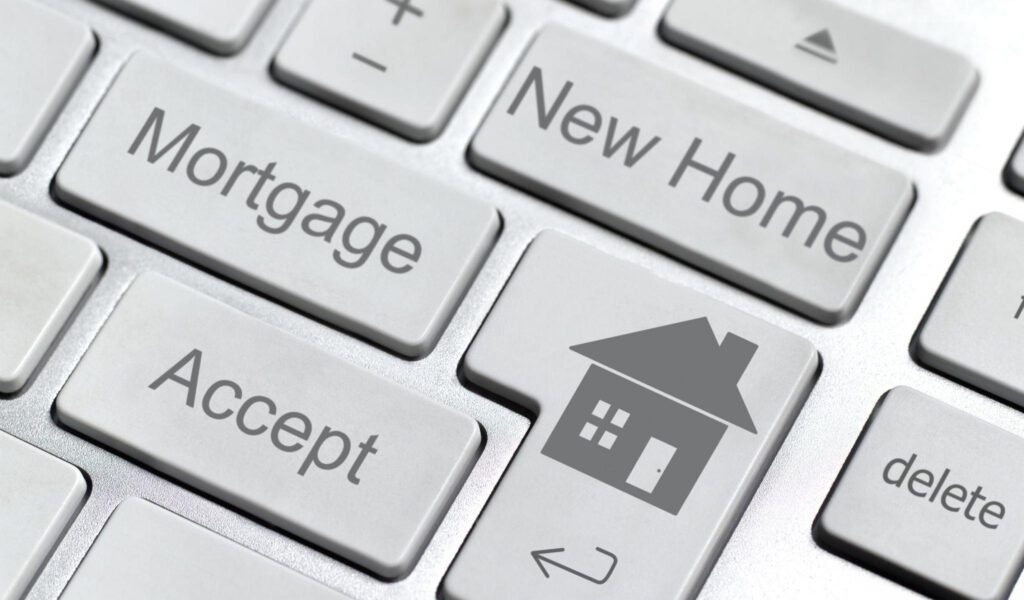What is a reverse mortgage? This tool lets you unlock the value stored in your house without monthly payments. Think of it like magic – your home transforms into a steady stream of money to help you enjoy your golden years.
Reverse mortgages allow homeowners to access cash from the equity in their home after finishing paying off their original mortgage. This contrasts with the foreclosure crisis in 2008 when many people defaulted on their mortgages. They unlock your nest egg’s hidden storage compartments, previously out of reach. Wondering how to turn your home equity into extra income during retirement? We can help! Explore different options like one-time payments, regular withdrawals, or even a steady stream of money. We’ll guide you through the details and show you how much you can access compared to what you might pay upfront. Should reverse mortgages feature in your retirement planning? The amount of money you can get from a reverse mortgage depends on how much money you want to have available during retirement and how much equity you have built up in your home. Read on to quantify the possibilities!
Reverse Mortgage Basics
Reverse mortgages seem confusing at first glance. Before you tap your home’s value for extra cash, understand how these loans work. Do they fit your financial plans now and in the future?
What Exactly is a Reverse Mortgage?
A reverse mortgage lets homeowners aged 62 and up borrow money against the equity they’ve built in their home. What makes it “reverse” from a traditional mortgage? You receive loan proceeds from the lender as a lump sum, line of credit, monthly payouts, or a combination. Meanwhile, the loan balance grows over time as interest compounds instead of you making payments.
Unlike traditional loans, you don’t have to start paying back a reverse mortgage until you sell your house, move out permanently, or pass away. This gives you flexibility and access to extra cash to enjoy your retirement, using the built-up value of your home.
To qualify for a reverse mortgage, you must meet age criteria, undergo a financial assessment, and participate in consumer counseling to ensure you understand the product’s features and obligations. We’ll explore requirements and logistics further shortly.

How much money can I get from a Reverse Mortgage?
How much you can get with a reverse mortgage depends on three things: your age, your home’s value, and how much equity you have built up.
Why Choose a Reverse Mortgage?
Over half of the homeowners age 65+ report being “house rich but cash poor” – lacking needed liquidity even though they’ve paid off their home or built up substantial equity.
A Home Equity Conversion Mortgage (HECM) taps into that resource, letting older generations use the hard-earned asset to:
- Generate monthly income streams
- Finance a major purchase
- Complete home upgrades
- Pay high-interest debts
- Fund medical procedures not covered by insurance
- And more
Rather than selling the home and downsizing or relocating, reverse mortgages allow seniors to stay put and simply borrow against the equity they’ve accumulated over decades. This helps enhance the quality of life precisely when fixed incomes make that difficult.
Types of Reverse Mortgages
While the Federal Housing Administration (FHA) insures and regulates most reverse mortgages through its Home Equity Conversion Mortgage (HECM) program, you also have a few other reverse loan options:
| Loan Type | Key Attributes | Max Loan Amount |
| HECM | Federally insured with strict rules. Most popular option. | $970,800 for 2023 |
| Proprietary Reverse Mortgages | Offered by private lenders with fewer limits | $4+ million |
| Single-Purpose Reverse Mortgages | Strict use rules for home repairs/taxes only | Lower loan amounts |
Over 90% of all reverse mortgage loans fall under the HECM umbrella, which we primarily focus on here. But know that other specialty products exist for unique borrower situations, like needing ultra-high loan amounts.
How Much Cash Can You Get From a Reverse Mortgage?
The total amount you qualify to borrow via a reverse mortgage depends on several factors connected to your age, current home value, and the amount of equity built up.
Home Value and Equity Thresholds
To qualify for a federally-backed HECM reverse mortgage loan, your home must meet these initial thresholds:
- Minimum home value: $100,000
- Maximum loan amount: $970,800 in 2023
- Equity minimum: You must own at least 50% of the home value in equity
The more equity you have and the pricier your home, the larger the loan amount you typically receive. Actual borrowing limits factor in your age, current interest rates, and expected home appreciation over time as well:
| Borrower Age | Max Claim Rate |
| 65 | 22% |
| 75 | 55% |
| 85+ | 64% |
As you grow older, you can access higher percentages of total home value. These rates determine potential loan proceeds.
Calculating Your Exact Loan Amount
The FHA provides tables that spell out maximum claim amounts by age bracket, interest rate environment, and estimates for future home appreciation. Your lender plugs in the numbers tied to your application info and desired payment structure.
Key inputs needed for reverse mortgage calculations include:
- Ages of the youngest borrower
- Reported home value & existing liens
- Interest rates and appreciation assumptions
- Upfront insurance premiums and fees
The process also accounts for setting aside contingency reserves to cover taxes, insurance, and maintenance costs so those don’t fall behind if you use up loan proceeds. Underwriting rules dictate fee caps as well.
In the end, detailed reverse mortgage formulas determine exactly how much you can borrow based on your specific situation.
When does the reverse mortgage loan need to be paid off?
You don’t make monthly payments on a reverse mortgage. The loan only becomes due and payable when the last surviving borrower dies, sells the home, or moves out including to an assisted living facility. Special rules apply for non-borrowing spouses after the reverse mortgage holder passes.
Payment Options and Growth
Unlike traditional mortgages, you don’t make monthly principal and interest payments on a reverse loan. Instead, you decide at closing whether to take proceeds through:
- Term: Equal monthly cash for a set period like ten years
- Tenure: Steady cash as long as you live in the home
- Line of Credit: Flexible draws you control
- Lump Sum: One-time payout
- Combo: Mix options for custom approach
Meanwhile, the loan balance grows via compounding interest (not required payments). Over time, unused lines or residuals can grow substantially thanks to this compounding impact.
Carefully weigh how much cash you need upfront versus wanting funds preserved for later years when health expenses rise. Seek loan advice tailored to your retirement income needs.
What Are the Costs and Fees?
While you don’t make monthly payments on a reverse mortgage, you pay closing costs and ongoing service fees. Compare options to minimize expenses.
HECM Government Insurance
All FHA reverse loans charge an upfront mortgage insurance premium (MIP) and ongoing annual MIP:
- Upfront MIP: 2% of appraised value
- Annual MIP: 0.5% of the outstanding balance
Relax knowing loved ones won’t be stuck with a huge bill if you pass away or sell your home for less than expected. This government protection ensures they won’t owe more than 95% of the home’s value. MIP guards against negative equity.
Lender Origination Fees
Shop around between HECM lenders as allowed origination fees vary:
- Large banks: $5,000+
- Specialty brokers: As low as $0
Ask about “no-cost loans” or lenders crediting fees towards closing expenses and paying points to buy down rates largely unnecessary thanks to how HECMs work.
Third-party charges apply for appraisal, credit checks, title searches, surveys, recording fees, etc.
Servicing Fees
Once opened, expect to pay:
- The monthly servicing fee around $30-35
- Annual servicing fee of 0.5% of the balance
These costs maintain the reverse loan on the lender’s books. Some specialty services offer discounted rates.
Factor all costs over the likely loan duration to accurately compare what lenders truly cost overall.
What Happens When the Loan Comes Due?
A reverse mortgage becomes payable in full once the last surviving borrower either sells the home, moves out, including to assisted living, or passes away. Heirs can either repay the loans or sell the property to settle up.
Repayment Requirements
Exact rules around reverse mortgage repayment depend on whether borrowers were single or married when originating:
- Single: Loan due after death, move-out, or home sale
- Married: Non-borrowing spouse may stay until moves out or passes
- Special rules: COVID hardship relief, extensions possible
Make sure home titling and wills/trusts properly establish successor or non-borrowing spouse rights. Consider setting up a repayment fund if you desire equity to go to heirs rather than repay the loan.

What are the upfront costs and fees?
You’ll owe an upfront mortgage insurance premium of 2% of appraised value along with lender origination fees, which vary by lender but average $5,000. Third-party charges also apply for appraisal, credit checks, surveys, and more. Shop lenders to minimize expenses.
Home Value Appreciation
What your heirs inherit with a reverse mortgage depends on:
- How much does the house value go up or down compared to the original loan amount and interest?
- Whether the house sells for more or less than the total owed.
Your heirs get more money if your house value goes up, but less if it stays the same or goes down. Think of it like a seesaw:
- Uphill: If the house value increases, your heirs get money after paying off the loan.
- Level or downhill: If the value stays the same or goes down, they might have to pay extra to cover the remaining loan.
Tapping equity today always reduces what’s available later. But proper planning boosts the odds of reverse mortgage success.
Alternatives to Immediate Repayment
If a non-borrowing spouse wants to remain in the home after the reverse mortgage holder passes away, they have certain options to avoid immediately repaying the full loan balance:
- Apply to keep existing reverse mortgage in place instead of settling estate right away
- Explore a “refinance” into a new reverse mortgage in their name only
- Seek loan extension if failure to pay tied to COVID hardship
While traditional rules require repayment upon the last surviving borrower leaving or dying, some alternatives exist to ease the obligations – especially for spouses. Ask reverse lending specialists about the possibilities.
Conclusion and Next Steps
We covered extensive ground explaining what a reverse mortgage is, loan amounts, costs, repayment terms, and more. By now, you should have a clearer sense of the following:
- How tapping home equity works in retirement
- Total proceeds possible from your property
- Repayment risks down the road
- Whether bridge financing aligns with the needs
Still, have outstanding questions? The best next step is to:
- Get rate quotes: See projected proceeds based on your home
- Estimate total costs: Factor origination, closing, and servicing fees
- Assess estate planning: How will equity transfer to heirs?
- Meet with counselors: Review budget tradeoffs and scenarios.
And don’t forget that reverse mortgages come in a wide array of options these days, providing maximum flexibility. Contact a knowledgeable loan officer to dive deeper into the specifics of your personal situation.
The funds sitting idle in home equity could help you thrive more in retirement. Hopefully, this comprehensive overview empowers you to see if a reverse mortgage aligns with your life stage needs.
Disclaimers: The information is for general purposes only and not financial advice
Can I lose my home to foreclosure with a reverse mortgage?
As long as you continue paying property taxes, homeowners insurance, and HOA fees, and maintain the home, foreclosure is not a risk. Defaulting on these obligations can trigger foreclosure. Ensure you have set aside funds or financing in place for these essential costs before proceeding.
Can my heirs inherit my home after I pass away?
That depends on, if home value appreciation outpaced the growing loan balance or not, which is unpredictable. Your heirs can choose to either repay the reverse mortgage balance and keep the home or sell the property to settle the loan. Proper planning preserves more equity for successors.

